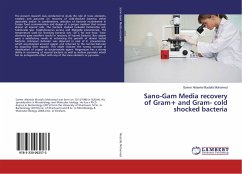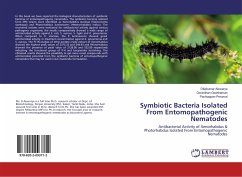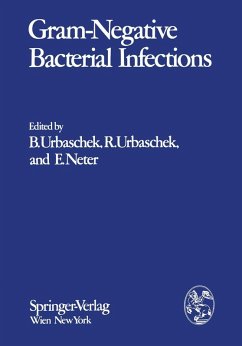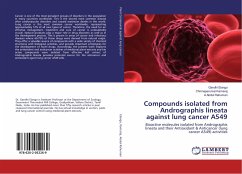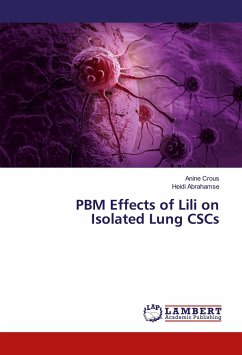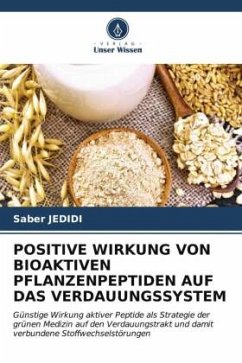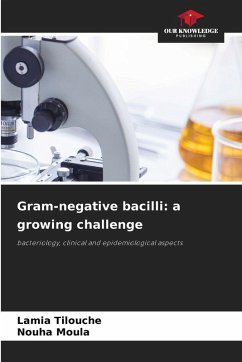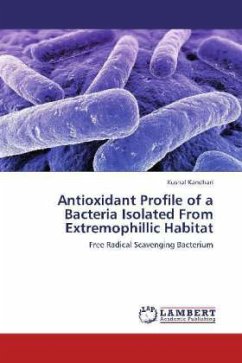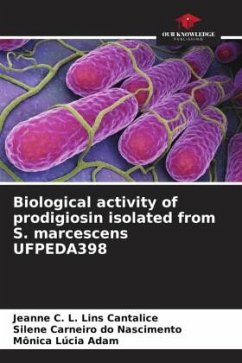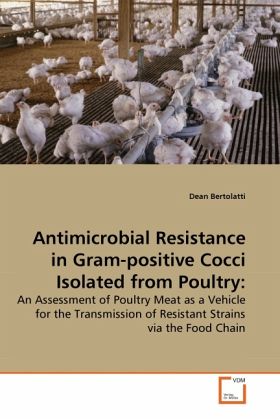
Antimicrobial Resistance in Gram-positive Cocci Isolated from Poultry:
An Assessment of Poultry Meat as a Vehicle for the Transmission of Resistant Strains via the Food Chain
Versandkostenfrei!
Versandfertig in 6-10 Tagen
52,99 €
inkl. MwSt.

PAYBACK Punkte
26 °P sammeln!
The widespread use of antibiotics in both animal production and human medicine facilitates the emergence of antibiotic-resistant bacteria. Of significance is the link between the use of antibiotics in intensive animal production and the emergence of antibiotic-resistant bacteria and their potential to spread to humans via the food chain. An important component of the study was to determine the prevalence of antimicrobial-resistant S. aureus in two poultry processing plants, and characterize the isolates by antimicrobial susceptibility and chromosomal and plasmid DNA analysis. One hundred and t...
The widespread use of antibiotics in both animal production and human medicine facilitates the emergence of antibiotic-resistant bacteria. Of significance is the link between the use of antibiotics in intensive animal production and the emergence of antibiotic-resistant bacteria and their potential to spread to humans via the food chain. An important component of the study was to determine the prevalence of antimicrobial-resistant S. aureus in two poultry processing plants, and characterize the isolates by antimicrobial susceptibility and chromosomal and plasmid DNA analysis. One hundred and twenty-six antimicrobial-resistant S. aureus were recovered from live incoming birds, equipment and processed carcasses in the two processing plants investigated. This highlights the problematic nature of these food types in the potential spread of resistant strains or resistance genes to humans via the food chain. A priority should be to limit the use of antibiotics in food-producing animals, in particular those that are known or likely to confer cross-resistance to antibiotics that serve as important human therapeutics.



